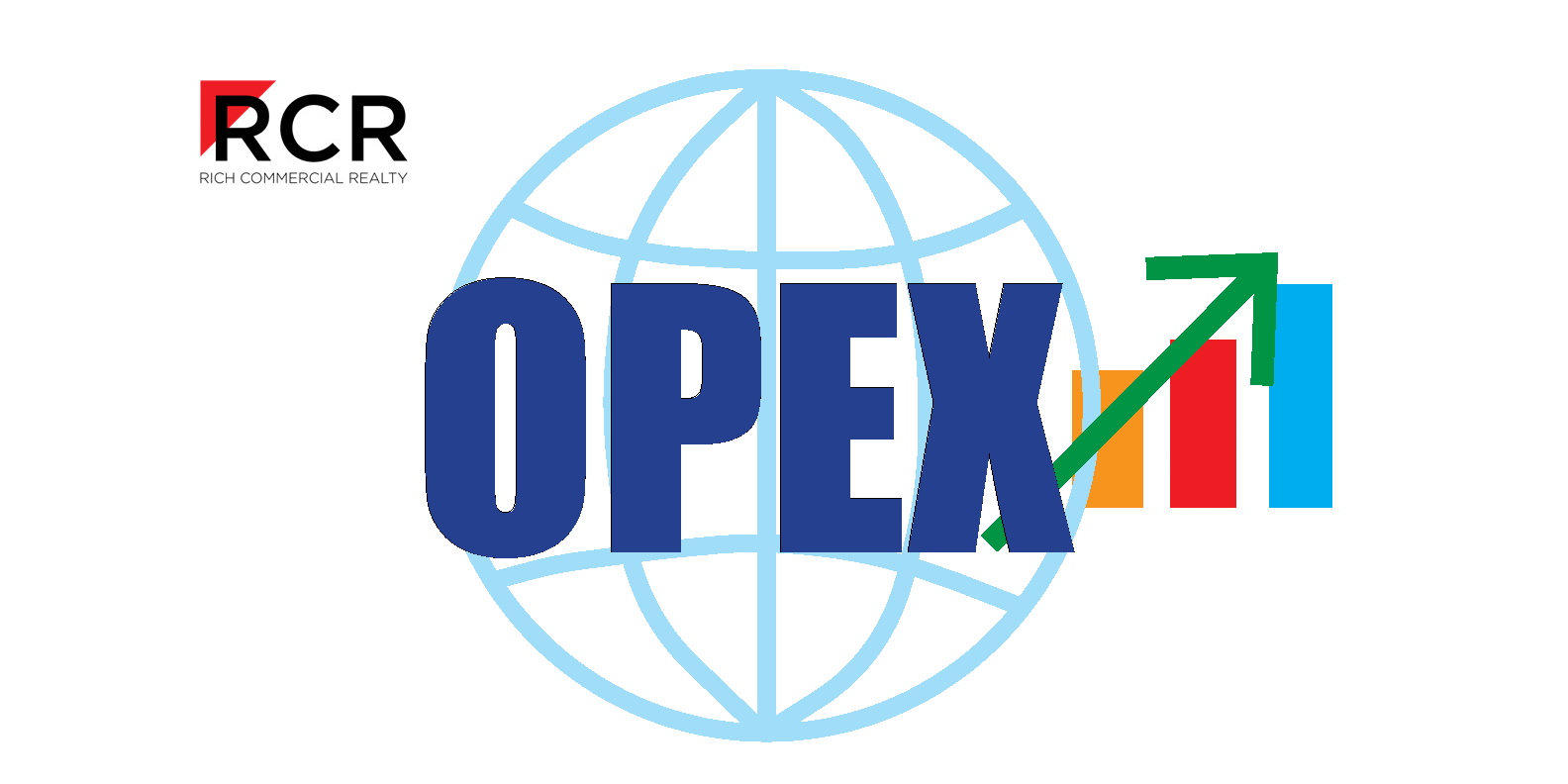What’s Going on with 2024 OPEX Reconciliations?
Why your year-end reconciliation deserves more than a quick skim this year.
Now that 2025 is off and running, you probably have received your 2024 OPEX reconciliation from your landlord and thought, “Wait, why are we paying more this year even though the building has more than normal vacancy?” – you’re not alone.
Last year’s reconciliations are coming with more surprises than usual. Between rising insurance, increased property taxes, inflationary repair and maintenance costs, and continued high vacancy, tenants across the country are seeing higher pass-throughs and unexpected line items.
Here’s a quick breakdown of what to watch for – and how to stay ahead of it.
What’s New in 2024 OPEX Recs?
- Property Taxes Are Climbing—Even With Vacancies
Cities are reevaluating properties and raising assessments in an effort to recover pandemic-era revenue losses. That means commercial buildings, even ones that are partially vacant, are being taxed at higher values. These increases are often passed directly to tenants.
💡 Quick Tip: Ask if your landlord appealed the new assessment. If not, you may be footing the bill for a value you could have challenged.
- Insurance Premiums Have Gone Up, Way Up
Commercial insurance rates have jumped in 2024 (and will again in 2025), especially for buildings in dense urban centers, coastal areas, or regions experiencing extreme weather. These increases are showing up as large deltas in reconciliations.
💡 Quick Tip: Request documentation on premium increases and compare to prior year costs. Ask if the increase is building-specific or part of a wider market trend.
- Uncertainty is Inflating Repair & Replacement Costs
Due to ongoing global supply chain instability, especially on construction materials like glass, aluminum, HVAC components, and electronics, landlords are paying more for building repairs and replacements. Those costs are often passed through to tenants in the OPEX. 2025 costs will be even higher given the current tariff climate.
💡 Quick Tip: Keep an eye on large jumps in “repairs & maintenance.” If costs seem unusually high, ask if they’re tied to tariff-inflated materials. Depending on your lease, some of those costs may not be fully recoverable.
- You Might be Paying for Empty Space
With office vacancy rates still sitting around 20% in many cities, your share of building expenses might be going up—even if you’re using the same square footage. Many leases allow landlords to “gross up” certain expenses as if the building were fully occupied, which can skew how much tenants pay.
💡 Quick Tip: Ask how your landlord is calculating gross-up factors. Pay special attention to variable expenses like utilities, janitorial, and HVAC.
- Vague Statements are Still Way too Common
You deserve better than a one-page summary saying “OPEX increased by 7.5%.” If you’re not seeing line-by-line explanations, it’s time to ask for them.
💡 Quick Tip: Request a full itemized reconciliation, actual vs. budgeted costs, and copies of supporting invoices for major jumps.
- Lease Audits are on the Rise, for a Reason
Tenant-side lease audits are becoming more common, and they’re saving occupiers serious money. From misapplied capital expenses to misclassified maintenance charges, audits often uncover 5–15% in overcharges.
💡 Quick Tip: If your company leases more than 10,000 RSF, or hasn’t audited in a few years, consider engaging a lease audit firm. It’s usually well worth the ROI.
Sample Tenant OPEX Reconciliation Audit Checklist
Want to get ahead of the curve? Here’s a practical checklist to review your 2024 OPEX reconciliation:
DOCUMENTATION
- Full reconciliation package received
- Year-over-year comparison included
- Supporting documentation for large increases
BUILDING OPERATIONS
- Confirm gross-up method matches lease
- Check how vacancy affects your expense share
- Review variable expenses (utilities, janitorial, HVAC)
- Flag possible tariff-driven cost spikes
FINANCIAL PRESSURE POINTS
- Review insurance increases and ask for backup
- Validate any increases in property taxes
- Watch for recurring charges that may be capital, not OPEX
STRATEGY
- Compare each category against what your lease allows
- Flag anything unfamiliar or unclear
- Consider third-party audit if you lease significant space
Bottom Line: OPEX reconciliations in 2024 are more complex, and more negotiable, than ever. A little extra attention today can save your team a lot down the line.
Need help reviewing yours or planning for next year? Let us know, we’re here to help.









